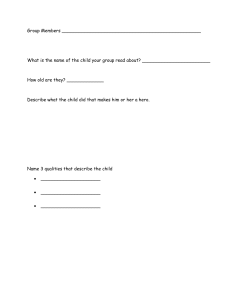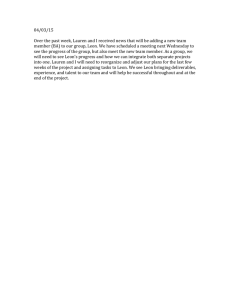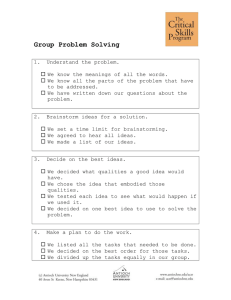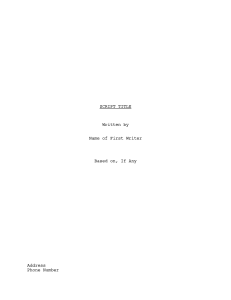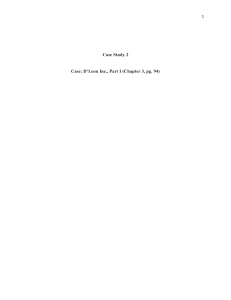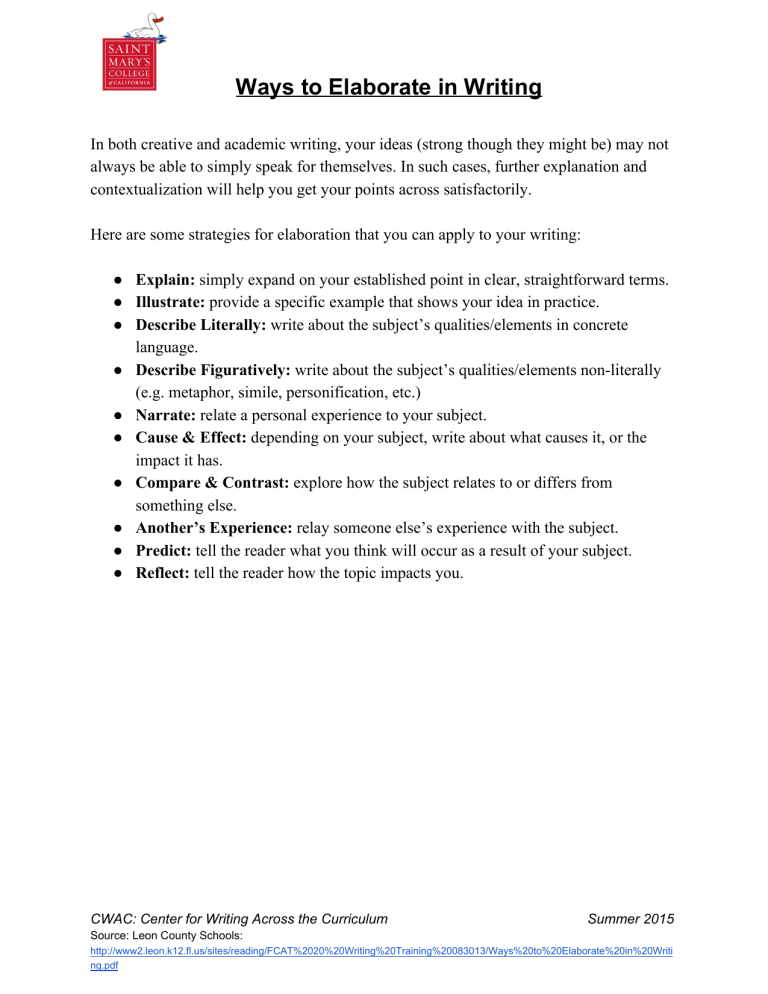
Ways to Elaborate in Writing In both creative and academic writing, your ideas (strong though they might be) may not always be able to simply speak for themselves. In such cases, further explanation and contextualization will help you get your points across satisfactorily. Here are some strategies for elaboration that you can apply to your writing: ● Explain: simply expand on your established point in clear, straightforward terms. ● Illustrate: provide a specific example that shows your idea in practice. ● Describe Literally: write about the subject’s qualities/elements in concrete language. ● Describe Figuratively: write about the subject’s qualities/elements non­literally (e.g. metaphor, simile, personification, etc.) ● Narrate: relate a personal experience to your subject. ● Cause & Effect: depending on your subject, write about what causes it, or the impact it has. ● Compare & Contrast: explore how the subject relates to or differs from something else. ● Another’s Experience: relay someone else’s experience with the subject. ● Predict: tell the reader what you think will occur as a result of your subject. ● Reflect: tell the reader how the topic impacts you. CWAC: Center for Writing Across the Curriculum Summer 2015 Source: Leon County Schools: http://www2.leon.k12.fl.us/sites/reading/FCAT%2020%20Writing%20Training%20083013/Ways%20to%20Elaborate%20in%20Writi ng.pdf
